LIVING HISTORY TO SUSTAIN THE FUTURE
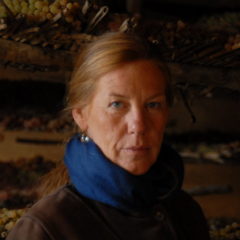
Owner and founder
Caterina, the Baroness de Renzis Sonnino, artist, photographer, designer and cultural ambassador, the embodiment of the modern Renaissance woman, is the creator of the CSIEC (Castello Sonnino International Educational Centre). Caterina, a Florentine, studied Political Science at the University of Florence, Painting at the Rosary College of Fine Arts and Photography at The Pratt School in N.Y.C. lives in Montespertoli with her husband Alessandro and their two children, Virginia and Leone. The Castle has been the seat of the Sonnino family for over 200 hundred years.
Caterina and Alessandro through their commitment to the protection of historical and cultural heritage together with the revival of the making of quality wines and olive oil have brought the castle to be one of the most richly fascinating cultural and historical centres of the Tuscan region. Caterina founded the Castello Sonnino International Education Centre in 2012. Caterina and her family share their estate with International students and faculty.
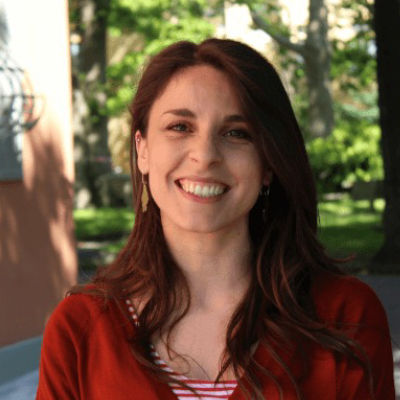
University of Pisa
My PhD research focussed on food (in)security/poverty and charitable food provision in affluent countries. In particular, I examined the Italian system of food assistance and the ways it intertwines with food waste recovery. During my PhD, I was a visiting student at the Sheffield Political Economy Research Institute (SPERI) of the University of Sheffield (UK).
I am a post-doc fellow researcher at the University of Pisa, having previously worked at the University of Florence, where my research focussed in particular on rural tourism and the socio-economic aspects of agri-biodiversity conservation. My current work focuses on rural development and the role of urban/local food strategies in 1) reconnecting rural and urban, 2) contributing to more sustainable food systems, 3) delivering food security.
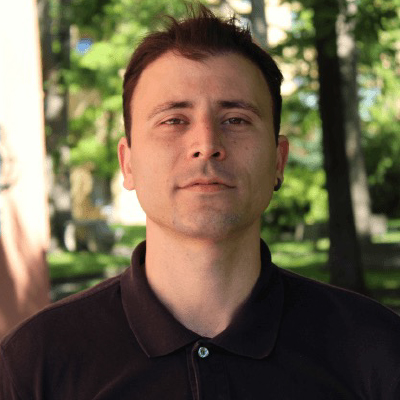
University of Pisa
I am a researcher with about 10 years of experience in international, national and regional research projects. I have had the opportunity to explore several topics benefiting from interdisciplinary perspectives and working with various quantitative and qualitative research methods. By now, this research work has resulted in 50+ scientific publications and other academic contributions.
I hold a PhD in Agricultural, Environmental and Food Sciences and Technologies obtained from the University of Bologna. In my PhD, I focussed on the evaluation and design of economic incentives for more cost-effective EU agri-environmental measures. My PhD and subsequent research work allowed expanding my knowledge on the potential of increasing sustainability of agriculture and natural systems and related policies. Researching the evaluation of agricultural policies, I had a chance to study in particular a role of contracts, information asymmetries and property rights, exploring new methodological approaches such as experimental economics.
Since 2016, I have been a researcher at the Department of Agriculture Food and Environment, University of Pisa. I am currently involved in one EU-funded H2020 project related to the provision of innovative contract solutions for delivery of agri-environmental services and goods within the new CAP. Thanks to the activities carried out, we have started research collaboration with the Tuscany Region.
This collaboration focusses on the study of B2B events ‘Buy Wine’ for the international buyers interested in Tuscan Wine, and on the challenges to provide new policy tools that incentivise sustainable practices in wine production within the Tuscan Archipelago.
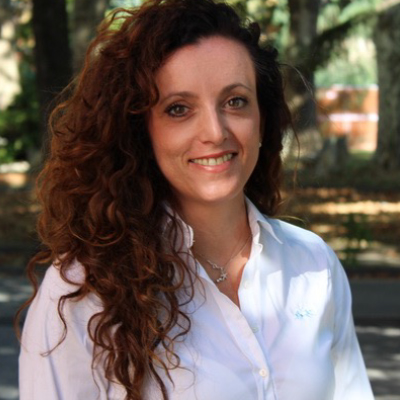
University of Pisa
I have been practicing law in Italy since 2011. During about 10 years of legal practice, I have also completed a four-year PhD programme in Politics, Human Rights and Sustainability and been a visiting researcher for 8 months at the Resnick Center for Food Law and Policy, University of California. At the moment, I am a Postdoc Fellow at the University of Pisa.
I hold 3 university degrees: a PhD in Agriculture and International Law, a master’s degree in International Trade Law and bachelor’s degree in International Private Law. My PhD in particular focussed on Business-to-Consumer food Ecommerce and information as a trust-building factor within the EU legislation. Followed my first degree, I had a seven-month internship in Buenos Aires, Argentina, dealing with private international law controversies.
Apart from my legal work, I have also given a course on wine history and culture at CET ACADEMICS PROGRAMS in Florence. For a few months, I have been involved in the project “Explorative study on food label accessible for visually impaired persons”. I have also been a member of the Italian Food Law Association and Slow Food movement, and since 2018 – a national Slow Food Council.
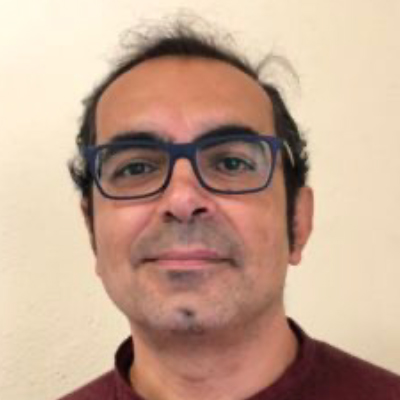
University of Palermo
He holds a BSc in Natural Sciences (University of Pavia – Almo Collegio Borromeo), an MSc in Environmental Management and Auditing (University of Pisa – Scuola Sant’Anna) and took his PhD in Environmental Sciences from the University of Catania.
His research interests focus on the ecology and plant geography of Mediterranean and Alpine territories, with specific focuses on dry habitats, and trans-disciplinary studies on human impact assessment, environmental restoration, with important essays and contributions on the optimal human habitat and nature conservation policies. Dr. Guarino has published several monographs, book chapters and refereed articles on academic scientific journals (complete reference list on Google Scholar and thematic list on Academia.edu). He is a member of many academic national and international societies and a reputed communicator on vegetation ecology and sustainability.
given a course on wine history and culture at CET ACADEMICS PROGRAMS in Florence. For a few months, I have been involved in the project “Explorative study on food label accessible for visually impaired persons”. I have also been a member of the Italian Food Law Association and Slow Food movement, and since 2018 – a national Slow Food Council.
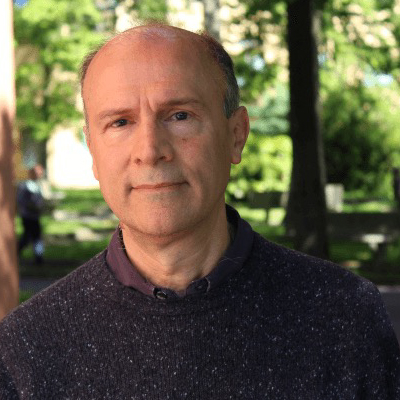
University of Pisa
I
I am a full Professor of Food Policy and a researcher with 30+ years of experience in research projects at international, EU, national, regional and local levels. My research focusses on sustainable rural development and the sustainability of food systems, as well as the related innovation processes. By now, this work has resulted in 90+ scientific publications, 15+ book chapters, several books and other academic contributions.
In the last 20 years, I have been involved in nearly 20 EU-funded research projects and coordinated two of them – TRUC (Transforming Rural Communication) and GLAMUR (Global and Local food Chain Assessment: a multidimensional performance-based approach). At the moment, together with my team I am coordinating a new EU-funded project ‘DESIRA – Digitisation: Economic and Social Impacts in Rural Areas’ with a multi-disciplinary consortium of 28 partners across 16 EU countries.
Apart from my research work, I coordinate a bachelor’s programme in Viticulture and Enology and supervise master’s and PhD students in the fields of food sociology, food policy, rural and regional development. Since 2009, I have also been an expert for the European Commission in agricultural research policies. More recently, I have taken on a new role as the editor in chief of the journal ‘Agricultural and Food Economics’.
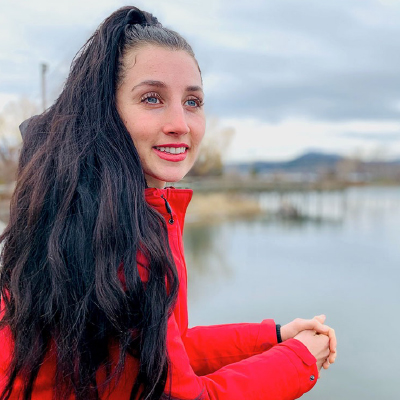
University of British Columbia
I am a PhD candidate living, studying and working on the unceded territory of the Syilx Okanagan Peoples at the University of British Columbia in Kelowna, British Columbia, Canada. I hold 2 interdisciplinary degrees from the University of British Columbia, and my research interest include socio-ecological systems and resilience, risk and hazards, climate change adaptation, political ecology, cartography, and participatory mapping. My Master’s thesis, titled “Pathways to Resilience: Building adaptation pathways for local food and wine production in the Okanagan bioregion” was fully funded by the Social Sciences and Humanities Research Council of Canada (SHHRC).
For over 8 years, I have been involved in the UBC Okanagan community as a student representative on various academic and non-academic committees, including the UBCO Behavioural Research Ethics Board, the Faculty of Arts and Social Sciences Council, the UBCO Food Strategy Committee, and UBCO Climate Action Plan Committee. I have also served as the president of the UBCO French Club, and a volunteer for various events and activities, such as the UUBCO community garden, on and off campus. I have been employed as a teaching assistant, research assistant, MITACS intern and project leader at UBC Okanagan. I have published as an academic, presented at several conferences, and have been invited as a guest lecturer to give presentations on my research and related topics at undergraduate classes.

Administrator
Manages all aspects of the administration and finance at Castello Sonnino and is a key member on our team.
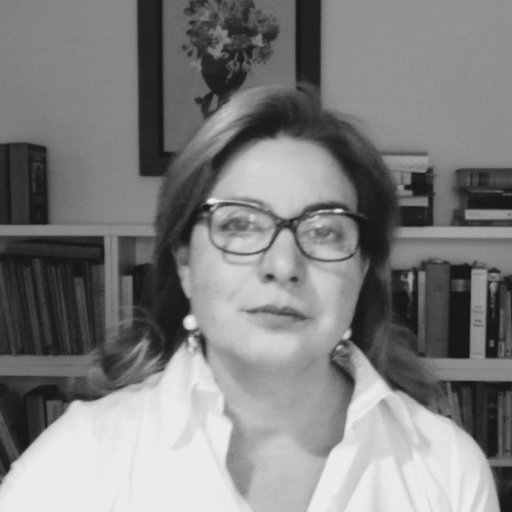
Research Fellow in History of Economic Thought at the Department of Social Sciences, Università of Pisa
She holds a PhD in History and Sociology of Modernity from the Università of Pisa, Italy. Her general research interest lies in economic and historical argumentation in European and Italian 18th and 20th century. She serves as a member of the Editorial Board of three academic journals and series. Books: Il dilemma di Vilna.
Sismondi e la cultura economica europea, Firenze: Edizioni Edifir, 2012; La Firenze di Giovanni Battista Giorgini. Artigianato e moda fra Italia e Stati Uniti. / Florence at the time of Giovanni Battista Giorgini. Arts, Crafts and Fashion in Italy and the United States, Firenze: Edifir, 2011.
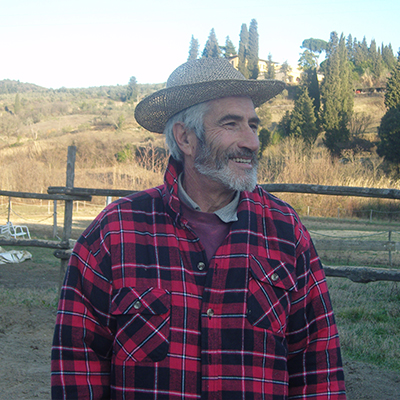
Teaches the gardening course and biodynamic aspect of foods production. He devoted his life to gardening and farming in his small farm and acquired experience about biodynamic method of cultivation and vital quality of foods production. He taught in many formative European Programs on biodynamic agriculture.
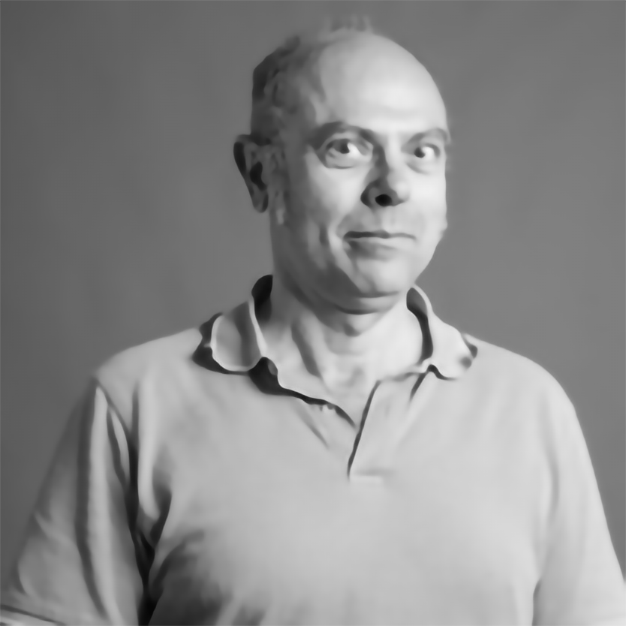
Associated correspondent of the Italian Academy of Forest Sciences
He writes scientific contributions concerning landscape ecology, biodiversity, history, art and anthropology of forest. His favourite focus of research is spontaneous renaturation of old fields in the countryside and in urban areas.
Tuscan landscapes between nature and history.
Abstract: The present aspect of the various Tuscan landscapes is the result of different natural and historical conditions.
Relics of Etruscan, Roman, barbarian, feudal and early modern agriculture still are perceivable, although most of present agriculture was conceived in the 1970s.
The central hilly area has undergone to a typical share agriculture scheme, inspired by the Roman late imperial colonia partiaria, then adapted to medieval feudalism and generalized in the XIX century, lasted until 1964, when natural biodiversity and forest surface were at their minimum.
Forest surface progressively increased in the following 50 years, biodiversity still is under its potential performance.
Landscape is a modern word, coming from visual arts, with different meanings depending on language (Germanic or Latin) and spiritual approach (creationist-anthropocentric versus animistic-biocentric).
Starting from the Romantic era, landscape became a scientific subject as well, also thanks to geographic explorations associated with colonialism.
Landscape ecology focuses habitat diversity. The European methodology Corine Land Cover allows the calculation of algebraic indicators and comparisons among different Countries and years (1990, 2000, 2006 and 2012), but it risks to be meaningless at large scale; investigation at fine scale and use of qualitative indicators (i.e. Naturalness index) allow a deeper research.
The European Convention on Landscape, signed in Florence in the year 2000, stresses the role of meaningful perception by populations.
Landscape planning is a recent acquisition in Tuscany (plan approved in 2015), and keeps its meaning only if associated with permanent observatories and laboratories.
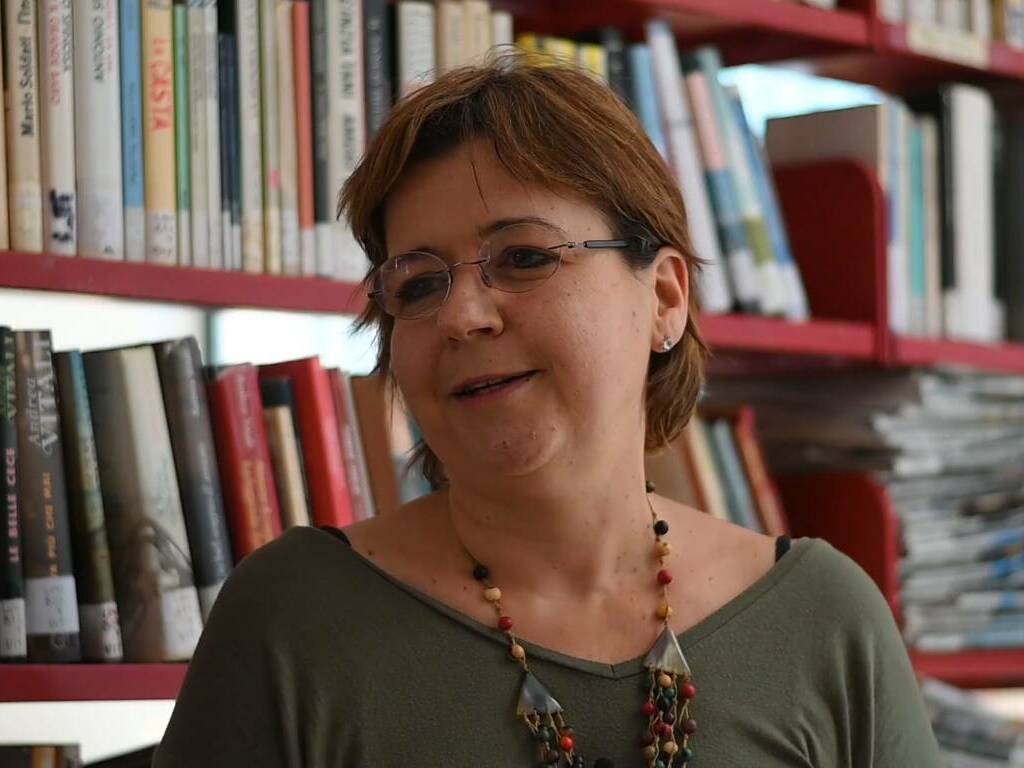
Associate Professor of Sociology at the University of Trento
Francesca Forno is an Associate Professor of Sociology at the University of Trento where she teaches sociology and sociology of consumption. Her interests include political consumerism and sustainable community movement organizations. A special focus in these areas is on the consequences of the spread of market-based forms of action for citizens’ participation and mobilization. She has published on civic participation and social movements, conducting research on political consumerism, collaborative consumption, grassroots initiatives on social eco-innovation and alternative food networks (AFNs). Her work has appeared in the following journals, among others: Journal of Consumer Culture, The Annals of the America Academy of Political and Social Science, Southern European Society and Politics, International Journal of Consumer Studies, European Societies.
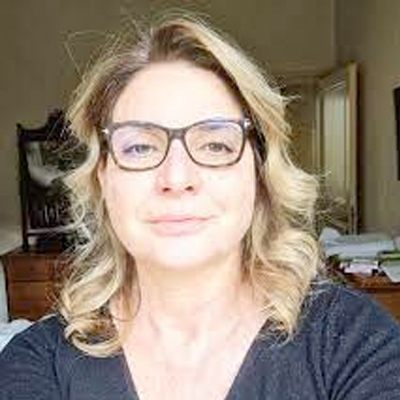
Biomimicry, artistic research, food and curating performative research
The foundation of Anna Maria Orrù’s work is embedded in artistic research, food and in curating performative research, providing an alternate approach to the field of ecological urbanism, architecture, art and design. She behaves as a connective tissue, working in the interstitial spaces between disciplines by bringing a variety of approaches and talents to the table to creatively tackle issues around climate change. Her projects, and phd from Chalmers University in Sweden, covered the distinct topics of bodily engagement, food resource, architecture, senses and urbanism, explored through the study of organoleptic qualities in choreography of urban foodscapes. Orrù has worked as an ecological architect since 1999 working in London, Los Angeles, and Stockholm. She left practice in 2010 to start her own studio and collaborate with transdisciplinary lab FoAM. In 2012 she began her PhD into ecological artistic practices, combined with her previous experience in Biomimicry, ecological design and urban-making, and future scenario building. Currently, she teaches at a number of Swedish universities and institutes in architecture, urbanism, art, and design.
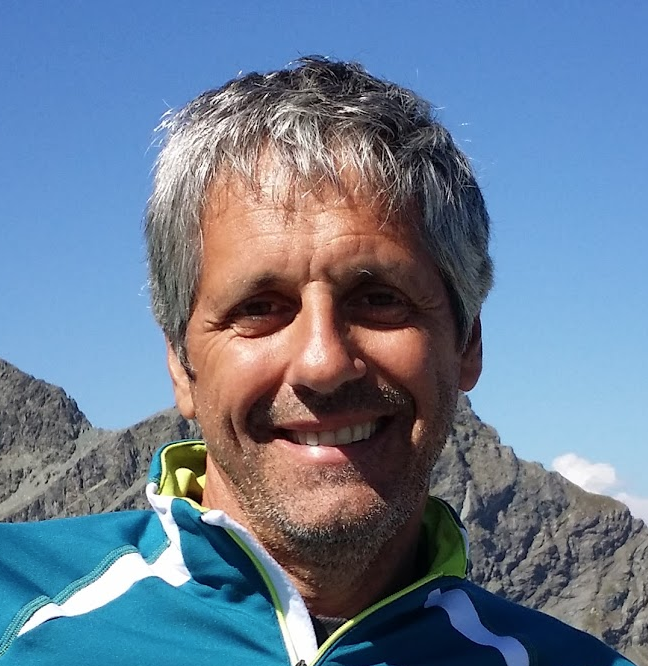
Senior soil scientist
Mauro Piazzi, Laureate in Agricultural and Forestry Sciences with 28 years of professional experience in soil survey, land evaluation, conservation agriculture, forestry and mountain areas development policies. Mauro’s professional roles have included 20 years in senior management of soil and environmental conservation and engineering, agriculture, forestry, biodiversity and climate change, including two years as Director General of IPLA, the Institute for Plants, Forests and Environment in Piemonte. Most recently,
Mauro has worked with regional, national and supranational agencies to address issues of environmental sustainability at various administrative levels, from local communities, districts and provinces to regional and national levels as a senior scientist with Timesis, Environmental Science. With Timesis, Mauro has directed the implementation and management of national and international projects, including:
Forest emissions levels in REDD+ projects (Burkina Faso);
Impact of climate change in wine-growing companies (Italy);
Evaluation of organic carbon sequestration in vineyard soils (Italy);
Evaluation of organic carbon sequestration in coffee cultivations (Costarica);
LIFE Helpsoil project “Improving soils quality and strengthening the adaptation to climate change through sustainable techniques of Conservation Agriculture” (Italy);
Development of local mountain communities and improvement of the wood-energy chain in the Alpine areas (Alpine Space).
Via Volterrana Nord n.6/A
50025 Montespertoli (Firenze)
Copyright © 2023 Designed by Marcosh.net